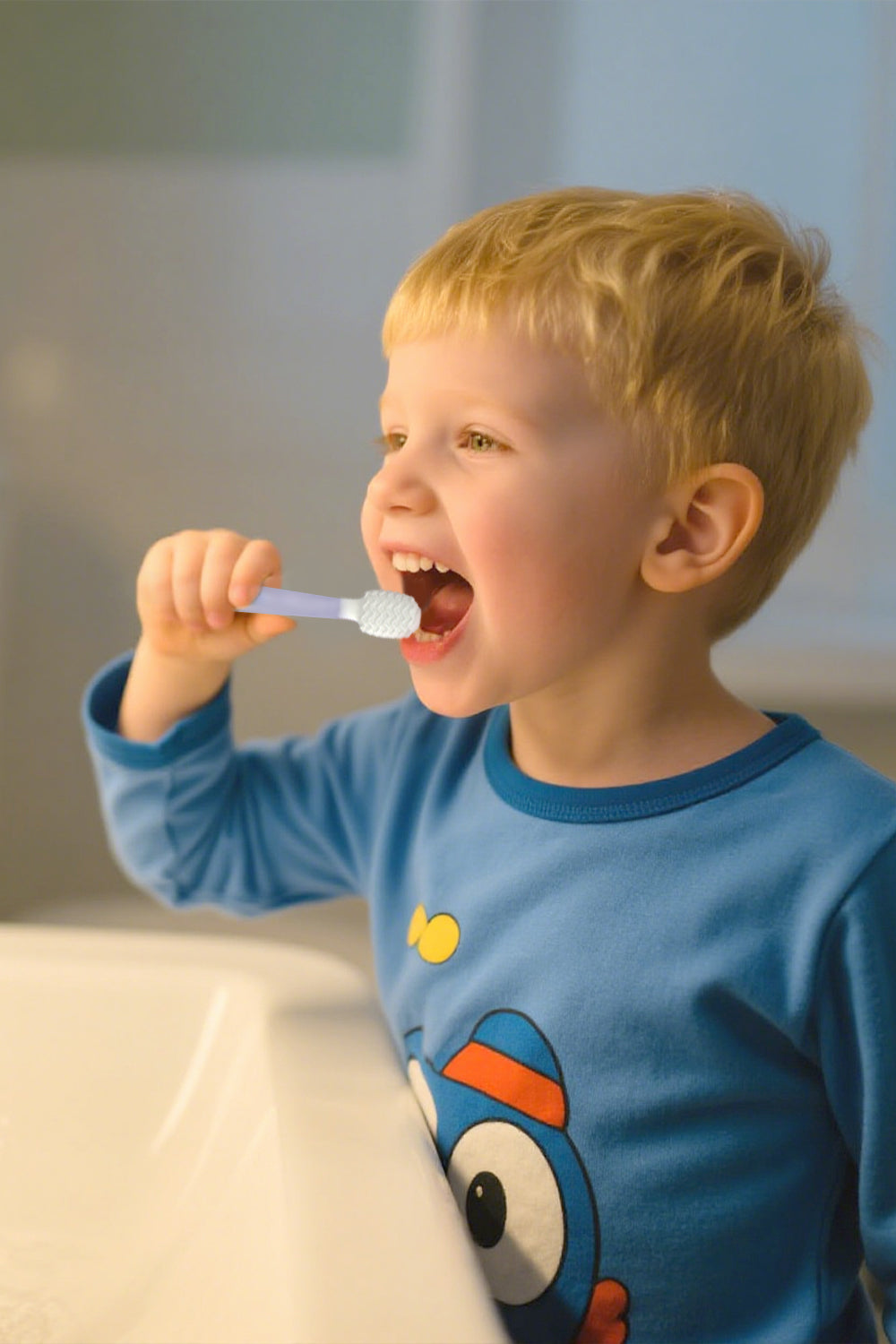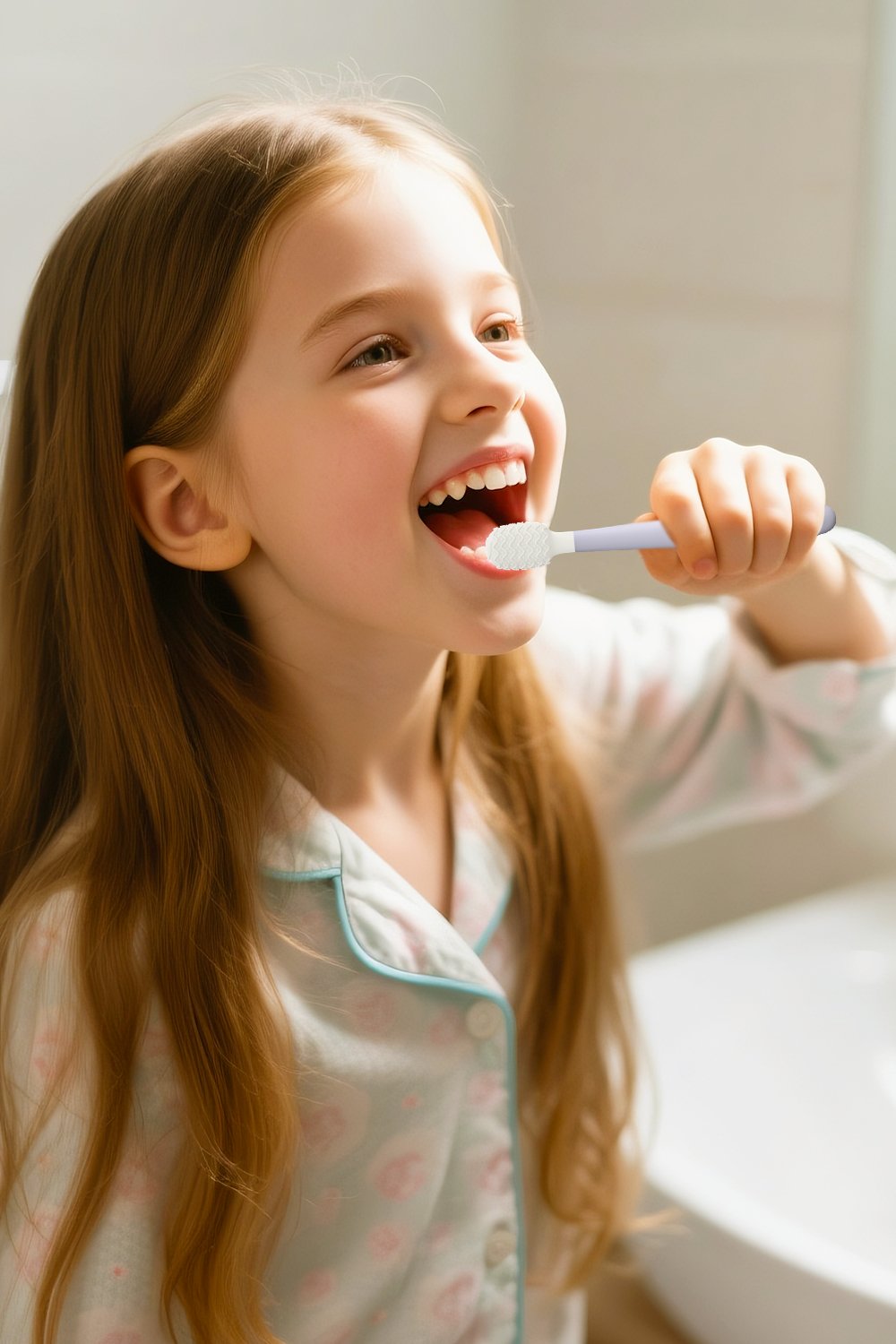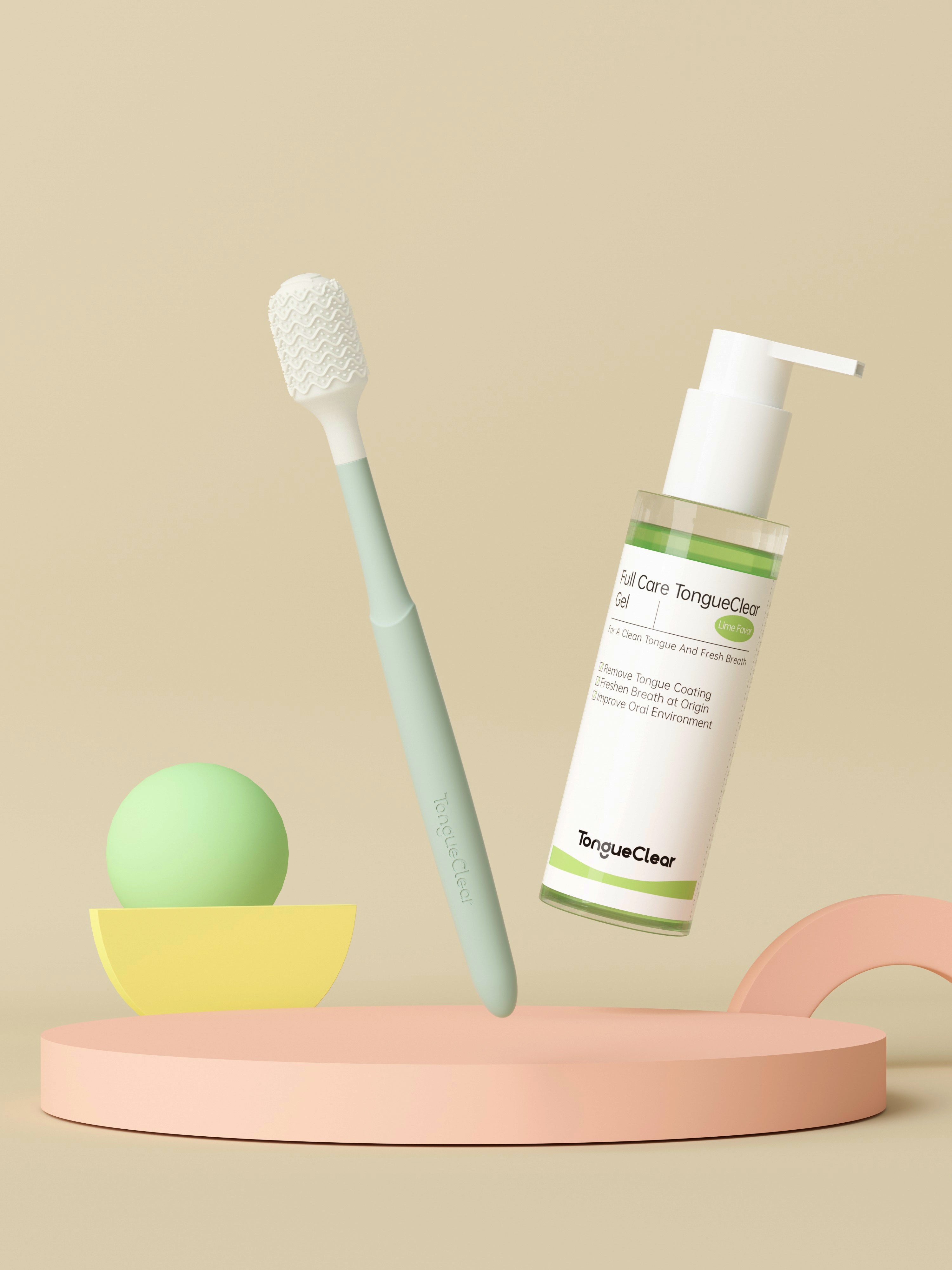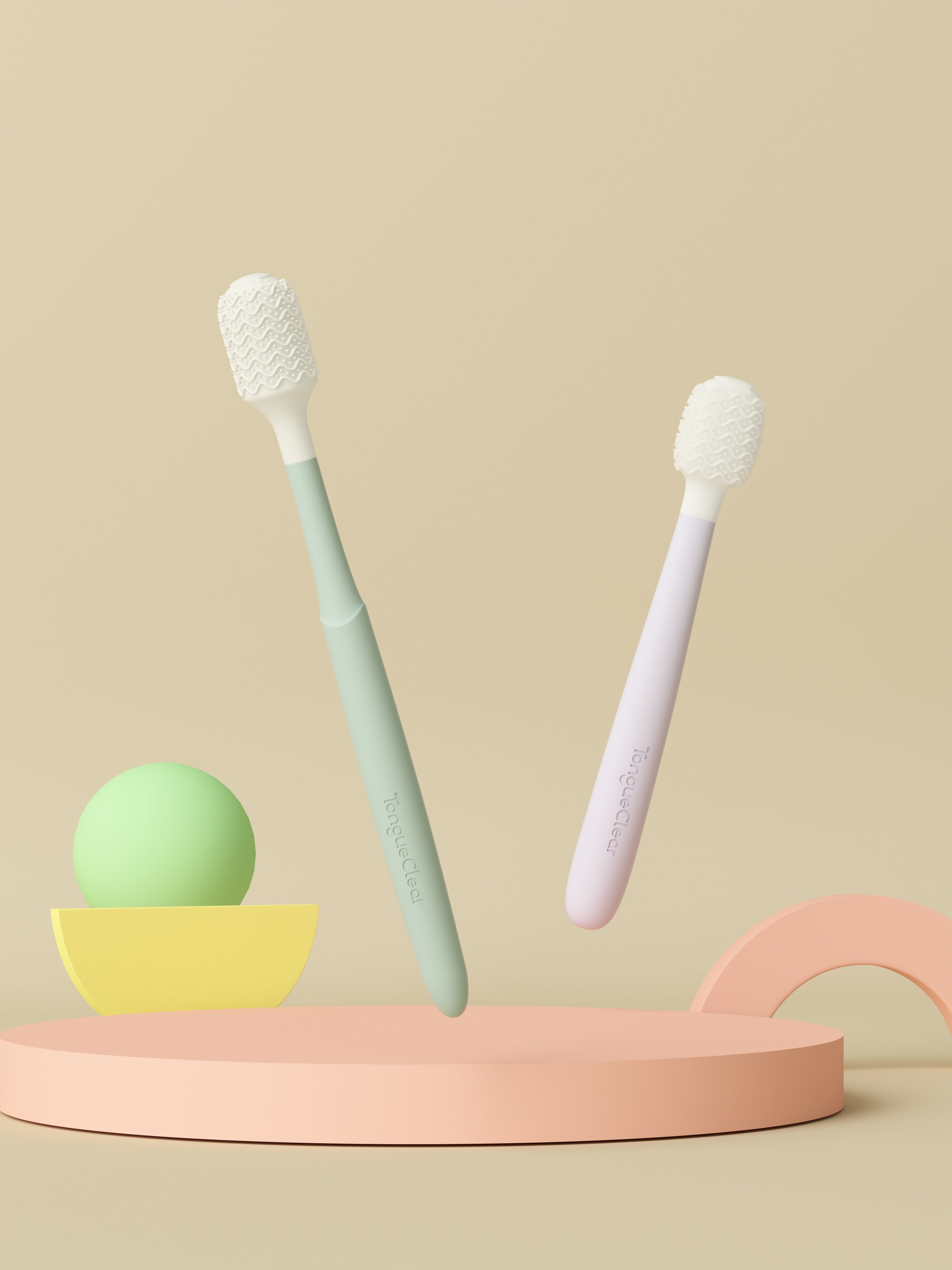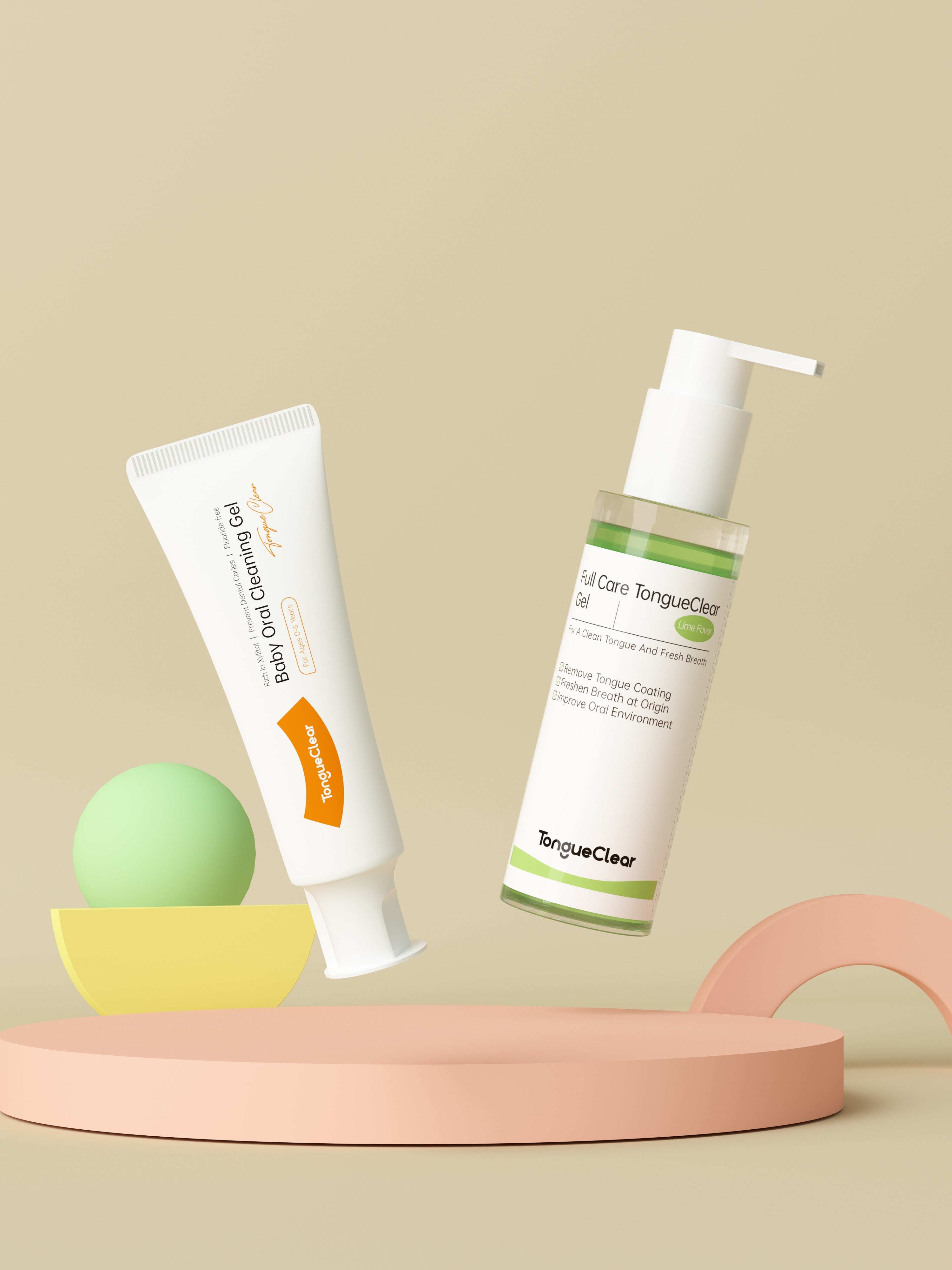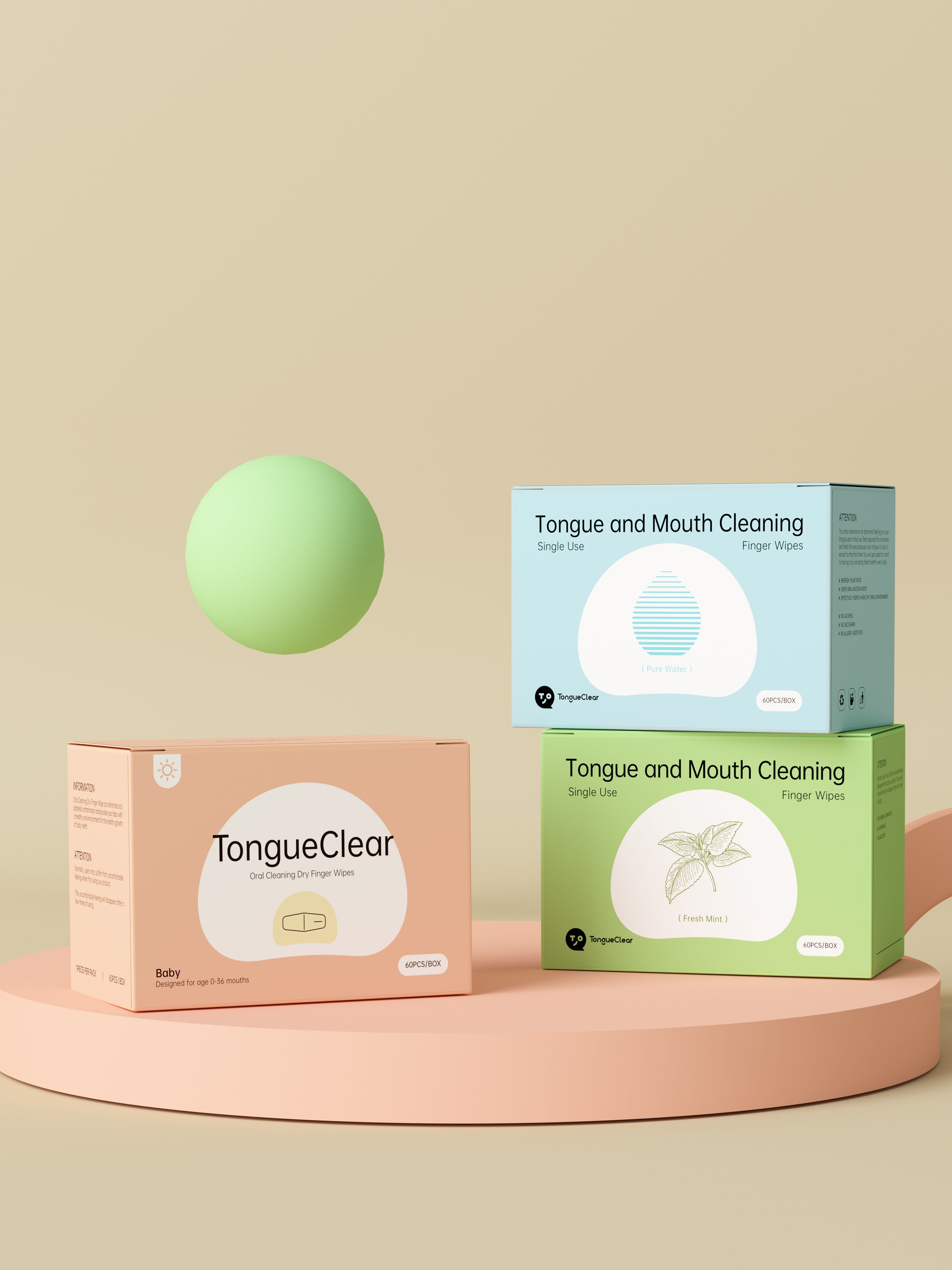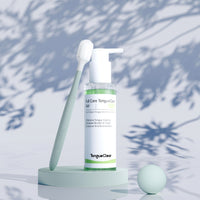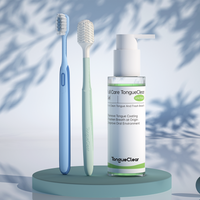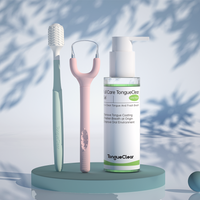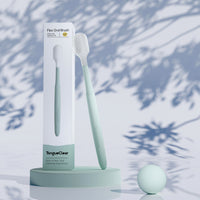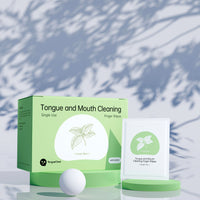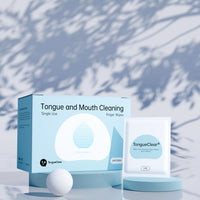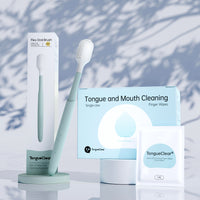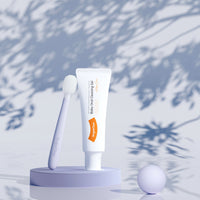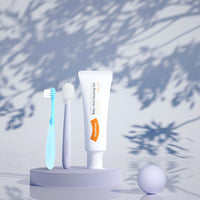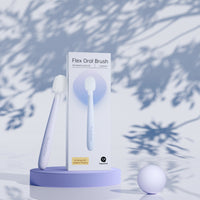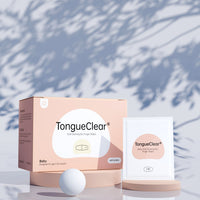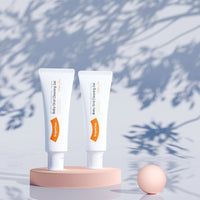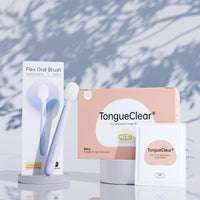Dental Calculus
In dentistry, calculus or tartar is a form of hardened dental plaque. It is caused by precipitation of minerals from saliva and gingvial crevicular fluid(GCF) in plaque on the teeth. This process of precipitation kills the bacterial cells within dental plaque, but the rough and hardened surface that is formed provides an ideal surface for further plaque formation. This leads to calculus buildup, which compromises the health of the gingiva (gums).
How Does Tartar Affect Your Teeth and Gums?
Tartar that develops on your teeth and above your gumline can cause:
- Stains on your teeth
- Bad breath (halitosis)
- Red, swollen, or bleeding gums (gingivitis)
- A permanent hard coating on your teeth
- Enamel erosion and cavities
- Gum recession
- Gum disease (periodontal disease)
Tips to Help Control Tartar
Brushing regularly
Brush regularly, twice a day for 2 minutes at a time with a fluoride toothpaste.
Flossing
No matter how good you are with a toothbrush, dental floss is the only way to remove plaque between your teeth and keep tartar out of these hard-to-reach areas.
Rinse Daily
Use an antiseptic mouthwash daily to help kill bacteria that cause plaque.
Diet
Watch your diet. The bacteria in your mouth thrive on sugary and starchy foods. When they’re exposed to those foods, they release harmful acids. Try to eat a healthy diet and limit the amount of sugary foods you eat. That goes for snacks, too. Every time you eat, you also feed the bacteria in your mouth. You don't have to give up sweets or snacks between meals. Just be mindful of how often you indulge. Brush your teeth and drink plenty of water during and after meals.
Of course, in addition to the above preventive methods, a new oral cleaning technology can be used, which is the most effective and perfect preventive and therapeutic method, known in the medical field as the GIFT method, which is able to clean the oral cavity perfectly without wearing down the enamel. It also effectively reduces the impact of the microbiota in the oral biofilm in order to prevent the biofilm from forming before plaque formation. For more information, please click:
A Novel, Simple, Frequent Oral Cleaning Method Reduces Damaging Bacteria in the Dental Microbiota
Share



